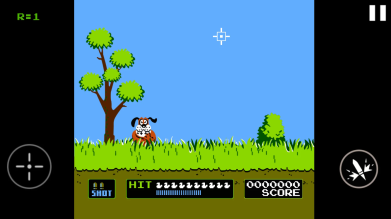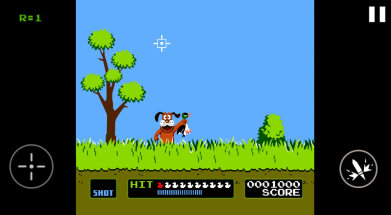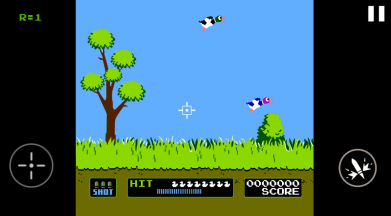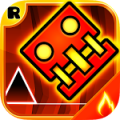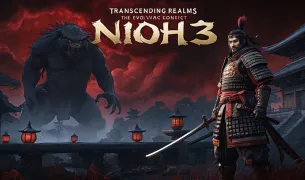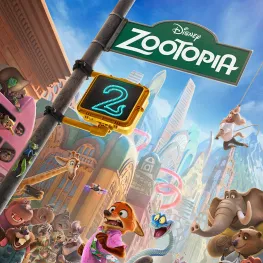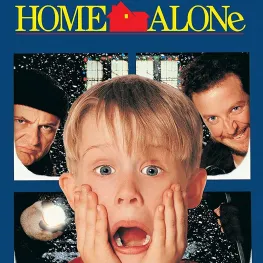Immersing players in a simple yet captivating arcade-style shooting experience, Duck Hunt is a classic game that continues to resonate with a wide demography of players. Released by Nintendo, it's one of the earliest examples of a first-person shooter game, sparking generations of successors. Duck Hunt's premise revolves around a hunter aiming to hit ducks that suddenly fly up from tall grass, with only three attempts to hit them before they disappear. The game package was unique, coming with a special "light gun" controller known as the Nintendo Zapper. Simplicity is at the core of Duck Hunt's appeal, yet it doesn't minimize the excitement as players progress through increasing levels of difficulty.
Duck Hunt Gameplay Dynamics
In Duck Hunt, players shoot at on-screen ducks that appear singly or in pairs, granted three shots to strike them down. Scoring is based on the number of ducks hit, with stages cleared by a certain number of effective hits. The speed and unpredictability of the ducks increase with each round, as does the required number of successful hits to go further in the game. In this way, Duck Hunt keeps players on their toes, ensuring continuous engagement with its escalating challenges.
A bonus point system further enhances the thrill of the game. Hitting all ten ducks in a single round grants additional points, amplifying the victory and adding an extra layer to the gameplay strategy. And while Duck Hunt does keep track of high scores during a playing session, the data does not persist after the game is rebooted, providing a fresh start for players in each game session.
Key Features of Duck Hunt:
- In-game Progression: As the game progresses, the targets begin to move faster, raising the difficulty level and keeping players engaged.
- Сoring System: Players earn points for each duck they successfully shoot, with bonus points awarded for achieving a perfect score in a round.
- Multiple Rounds: The game features multiple rounds of increasing difficulty, keeping players constantly on their toes.
- Classic Design: Duck Hunt showcases classic 8-bit graphics and simple sound effects, making it a trip down memory lane for many players.
- Single Player & Multiplayer Modes: The game can be played both alone and with a friend, enhancing its replay value and overall enjoyment.
- Persistent Score: The game keeps track of players' high scores throughout each playing session, adding a competitive edge.
- Simple Gameplay: Duck Hunt is easy to understand and play, making it accessible and enjoyable for players of all ages and skill levels.
- Iconic Characters: The game features memorable characters, including the unforgettable laughing dog.
Shortcomings
For all its engaging qualities, Duck Hunt isn't without weaknesses. Despite its escalating difficulty level, the gameplay remains more or less the same, lacking a variety in challenges, which can limit its long-term appeal for some players. Moreover, the absence of a permanent high score record can be a disappointment for players who enjoy comparing their achievements over time. Technology might have also caught up with Duck Hunt, as it requires a CRT television to play, and the light gun accessory doesn't respond accurately on newer LED or LCD screens.
Final Verdict
Still, the influence and legacy of Duck Hunt remain significant, as reflected in the impressions of players. They laud its straightforward gameplay, the novelty of the light gun, and the pure fun of the chase. It's seen as an iconic, pioneering game that contributed uniquely to the history of video gaming despite its minor flaws.
Ultimately, Duck Hunt prevails as a nostalgic gem of 80s gaming lore, providing an iconic, simplistic, and fun-filled recreational activity. Despite the minor downside, for many users, it remains a quintessential part of their gaming memories and a unique footnote in the journey of virtual shooting games.
Pros
- Simple yet addictive gameplay mechanics
- Unique light gun accessory for immersive shooting experience
- Difficulty level increases proportionally, maintaining player engagement.
Cons
- Gameplay can become monotonous due to a lack of variety
- Compatibility issues with modern televisions.
